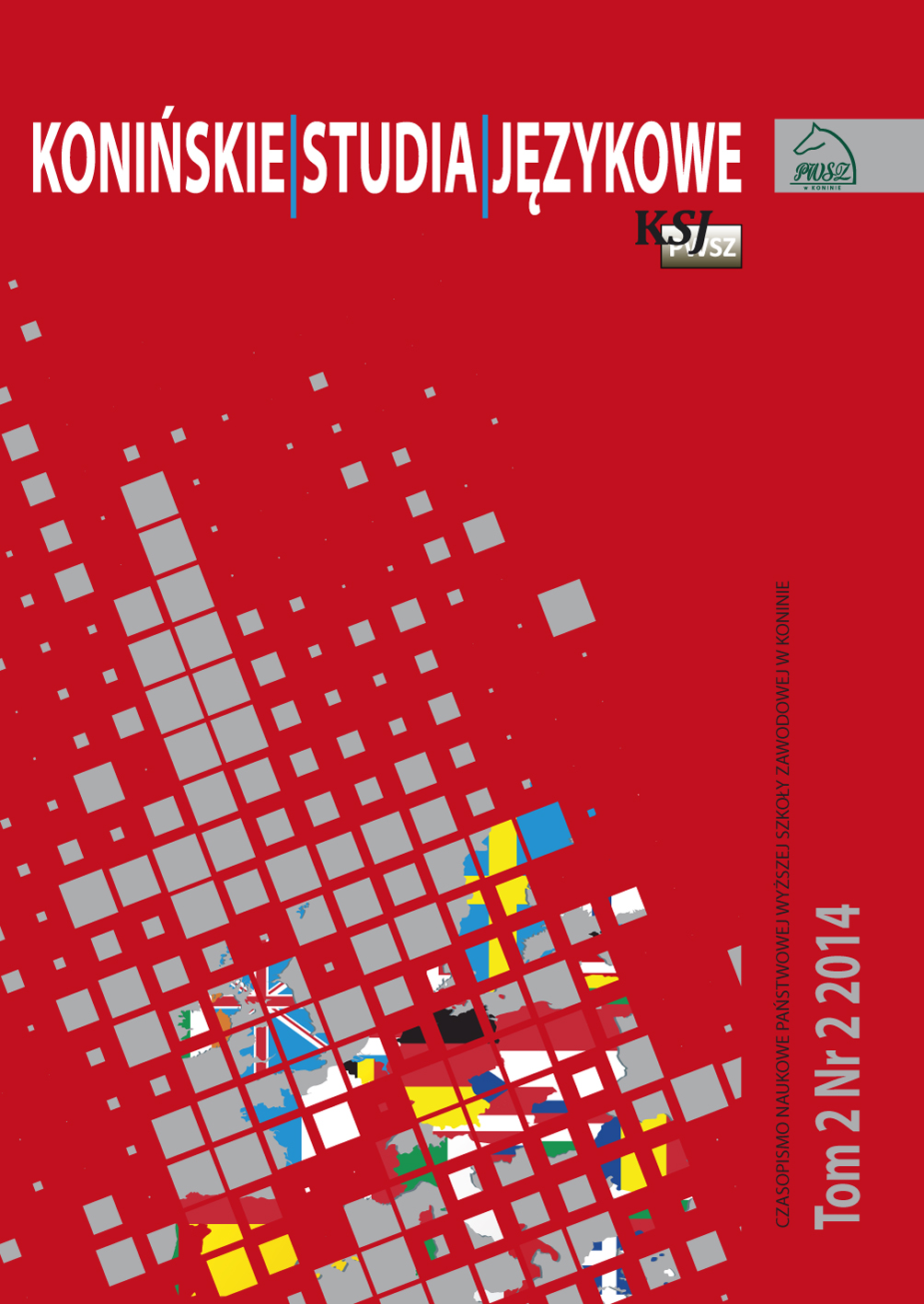Aptitude as a cognitive/affective construct and its role in the language classroom
Aptitude as a cognitive/affective construct and its role in the language classroom
Author(s): Martin HintonSubject(s): Language and Literature Studies, Foreign languages learning
Published by: Akademia Nauk Stosowanych w Koninie
Summary/Abstract: This paper begins with a brief look at developments in individual differences research, in particular Dornyei's (2010) discussion of the individual differences ‘myth’. It then moves on to discuss the confusion surrounding the word ‘aptitude’ and the different ways in which it is used in SLA literature. These sections make clear the necessity of considering both cognitive and affective factors in the assessment of a learner’s context-dependent situational aptitude. The main focus of the article, however, is to raise a number of suggestions as to how individual testing of learners’ situational aptitude might be used in the classroom in order to improve learner outcomes. It is suggested that analysis of learners could be used to set by aptitude, to reduce anxiety and raise motivation, and to introduce fairer and more motivational grading frameworks. There follows a discussion of the concept of individualization of teaching and learning programs and the advantages it might afford to learners and teachers. These suggestions are intended to provide a basis for future investigative work which will allow theoretical developments to be put to use in language classrooms.
Journal: Konińskie Studia Językowe
- Issue Year: 2/2014
- Issue No: 2
- Page Range: 125-141
- Page Count: 17
- Language: English

